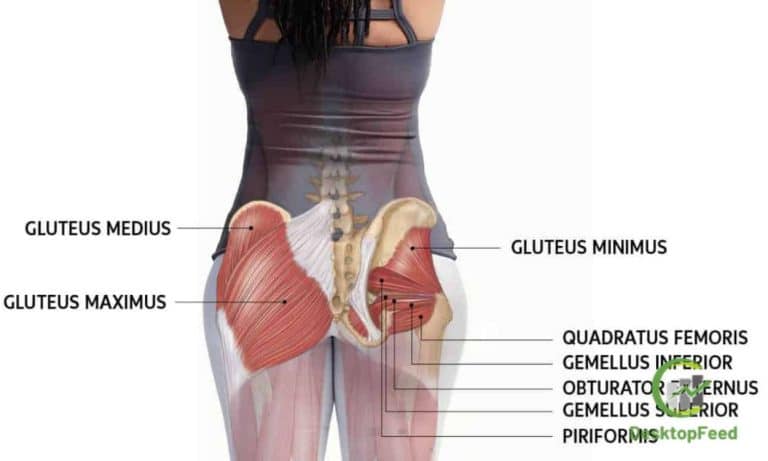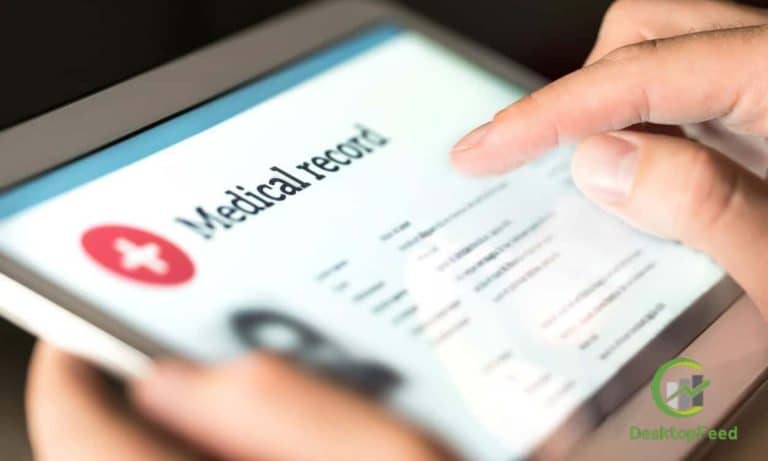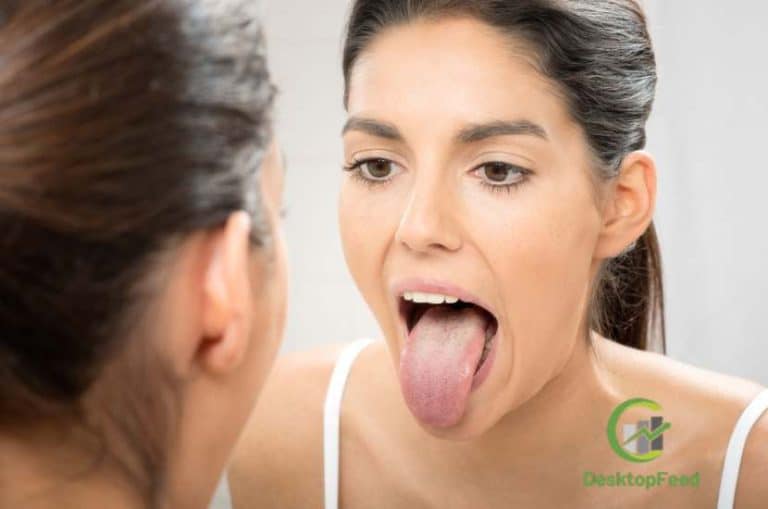Why Does My Jaw Hurt? 9 Reasons For An Aching Jaw

Many people wonder about the reason why my jaw hurt, especially when I’m asleep. Well, it is actually due to a very simple problem of posture. When you sleep, especially when you’re in a deep sleep, your body is still mostly in a rigid position. This means that the muscles are not loose enough and it can cause a lot of pain when your jaw is clenched tightly at night. In worse cases, you might have chronic problems with your teeth alignment because the jaw will tighten even if you are not using your muscles as much as usual during the day.
Reasons Why Does My Jaw Hurt
Below are some conditions that can cause pain in both your jaw and ears at the same time.
- Rheumatoid or psoriatic arthritis
- Osteoarthritis
- TMJ disorders
- Migraine
- Swimmer’s ear
- Sinusitis
- Dental issues
- Teeth grinding
- Stress
Rheumatoid or psoriatic arthritis
These forms of arthritis occur because your immune system attacks healthy joints. Both rheumatoid arthritis and psoriatic arthritis have been identified as autoimmune diseases.
You may experience joint pain throughout the body, including TMJ, at different times, and certain triggers may make the pain worse.
Osteoarthritis
Ear and jaw pain may be caused by osteoarthritis, which is the most common type of arthritis in the temporomandibular joint. This condition develops from wear to the cartilage around the joints over time. You may feel stiffness and pain in the joints.
TMJ disorders
One of the most common causes of jaw pain is the temporomandibular joint. The temporomandibular joint is used to connect the lower jaw to the skull. There are many reasons why the temporomandibular joint will cause severe pain whenever you open your mouth. Symptoms include:
- Tender jaw
- Painful chewing
- Difficulty opening jaw
- Clicking sound when opening jaw
- Pain around ears
Successful TMJ treatment usually includes orthodontic assistance. Misaligned teeth and bites usually cause mandibular joint problems, so it responds well to braces. Smiles for Life Orthodontics specifically helps patients overcome TMJ syndrome so that they can have a painless smile.
You can ask your doctor about the best treatment for your TMJ disorder. You can also ask your physical therapist about physical therapy to help you heal from this problem. It is very important to do physical therapy to promote healing and you can even use mouth guard for better posture. Your doctor will most likely recommend a mouth guard to prevent your teeth from clenching. Since TMJ is a condition that can be caused by poor posture, wearing a good posture could help you ease the pain from your jaw.
If you think that TMJ disorder is the reason why you are having pain in your jaw, you can try to fix this problem yourself. You can try massaging your temporomandibular joint. There are many types of massages you can try at home. This treatment is effective as long as you know how to perform these massages. It is important to know how to perform these massages so you will not do it in an inappropriate way that can make the pain worse.
Another effective treatment for your TMJ disorder is to keep a good posture. If you think that you are developing TMJ disorder because of bad posture, then you should try to correct this problem. You can use chair padding or pillow to keep your jaw aligned properly with your shoulder. This will make your jaw less susceptible to being hurt by your joint inflammation and other symptoms.
If you think that you have pain in your jaw that is accompanied by swelling, fever, dizziness, stiffness, numbness, clicking or popping sounds when closing your mouth, you need to seek medical attention immediately. A comprehensive diagnosis will help you find out the real cause of your jaw pain. Once you know the underlying cause of your pain, you can try to treat the cause of your disorder. However, you may be advised to undergo an operation for treating your disorder if your medical condition is severe enough. If you have a very serious TMJ disorder and you are not able to fix the underlying cause of your disorder on your own, then you need to undergo surgery.
The treatment for your TMJ disorder can vary depending on how serious the disorder is. You can choose to get a customized tailored treatment for your condition, based on the severity of your symptoms. Your personalized treatment will address all your symptoms, as well as the factors that are contributing to your pain and disorder. Since TMJ disorder can lead to bone loss, bone fractures and joint injuries, undergoing treatment for your TMJ disorder is essential.
Migraine
Pain in the jaw and ears near the temporomandibular joint may cause migraine headaches. Migraine is a severe headache that may happen again. They can cause sensitivity to light, sound and smell.
Migraines and cluster headaches are notorious culprits behind the painful jaw. In the case of migraine, the combination of blood vessels and nerves can cause intense discomfort. If your jaw pain subsides as the problem eases, migraines are most likely the cause of jaw pain. If severe headache persists, consult your doctor.
Swimmer’s ear
This happens when bacteria form in the outer ear due to exposure to water or injury. You may get this disease from swimming or tearing the eardrum from an external object. If the condition is left untreated, the symptoms will get worse and may cause ear and jaw pain.
Sinusitis
You may feel pain in your ears and jaw due to sinusitis. This can happen if you have a cold or allergies and your nasal passages are irritated and inflamed. The infection is usually caused by a virus, but you can also get bacterial sinusitis.
Dental issues
If bacteria accumulate on your teeth and gums, you may develop tooth decay, periodontal disease, and tooth abscess. These conditions can cause damage to your mouth and other parts, especially if left untreated. They can cause pain in the jaw and ears.
Teeth grinding
Jaw pain may be caused by (1) tooth decay, (2) broken tooth, (3) infection, and (4) gum disease. If you suspect that dental problems are the source of jaw pain, don’t forget to make an appointment with your dentist.
This situation can:
- Affect the way the teeth are arranged
- Eroding your teeth
- Break down your temporomandibular joint
- Strain your muscles
Stress
Stress can also be one of the main reasons why your jaw hurts. Even if you are working hard, you can still have stress and it is very important to relax your mind and your body. You can try meditation or you can do other relaxation techniques that can help you relax your muscles and lessen the pain.
Diagnosis Of Jaw Hurt
Your doctor will perform a physical exam to begin diagnosing your jaw and ear pain. Your doctor may also ask about your health history to learn more about your symptoms. Be sure to mention:
- Recent dental surgery
- disease
- Hurt
- Changes in mental health, such as stress, anxiety, or depression
Also Read:
Your doctor may:
- listen to your jaw
- feel your jaw and around your face
- look in your ears
- check your vital signs
- examine your mouth
Treatments of Jaw Hurt
The cause of why does my jaw hurt may be different, as are the treatment methods.
You may not seek treatment for TMJ because 40% of cases resolve on their own, and only 5% to 10% of cases require treatment. Treatments for TMJ disease include:
- resting your jaw
- home remedies
- using over-the-counter anti-inflammatory medications
- wearing a brace or splint to restrict jaw movement
- flushing your joint to reduce inflammation
- surgery, in severe cases
Home remedies
There are many ways you can try at home to help treat temporomandibular joint disease:
- Change your diet and add more soft foods.
- Stop chewing gum or other objects, such as the end of a pen or pencil.
- Relax and rest your jaw.
- Apply hot or cold compresses to the chin.
- Perform chin extension exercises, including slowly opening and closing your mouth several times.
- Avoid stress.
Some of these treatments may also be applicable to other diseases that cause ear and jaw pain.why does my jaw hurt
When to see a doctor
You should see a doctor if your ear and jaw pain:
- With fever or other flu-like symptoms
- Hinder your daily activities
- Interfere with your sleep
- Despite treatment, it still exists
- Inhibit your ability to eat and drink
- Cause pain or sensitivity in teeth or gums
Conclusion of why does my jaw hurt
There are many reasons why you may feel pain in your jaw and ears at the same time. Usually, the conditions that affect both are only related to your jaw or ears, but you will feel involved pain in other areas.
Talk to your doctor to determine the cause of jaw and ear pain. This will help you treat the pain and prevent it from getting worse.
For More Articles Visit: DesktopFeed





